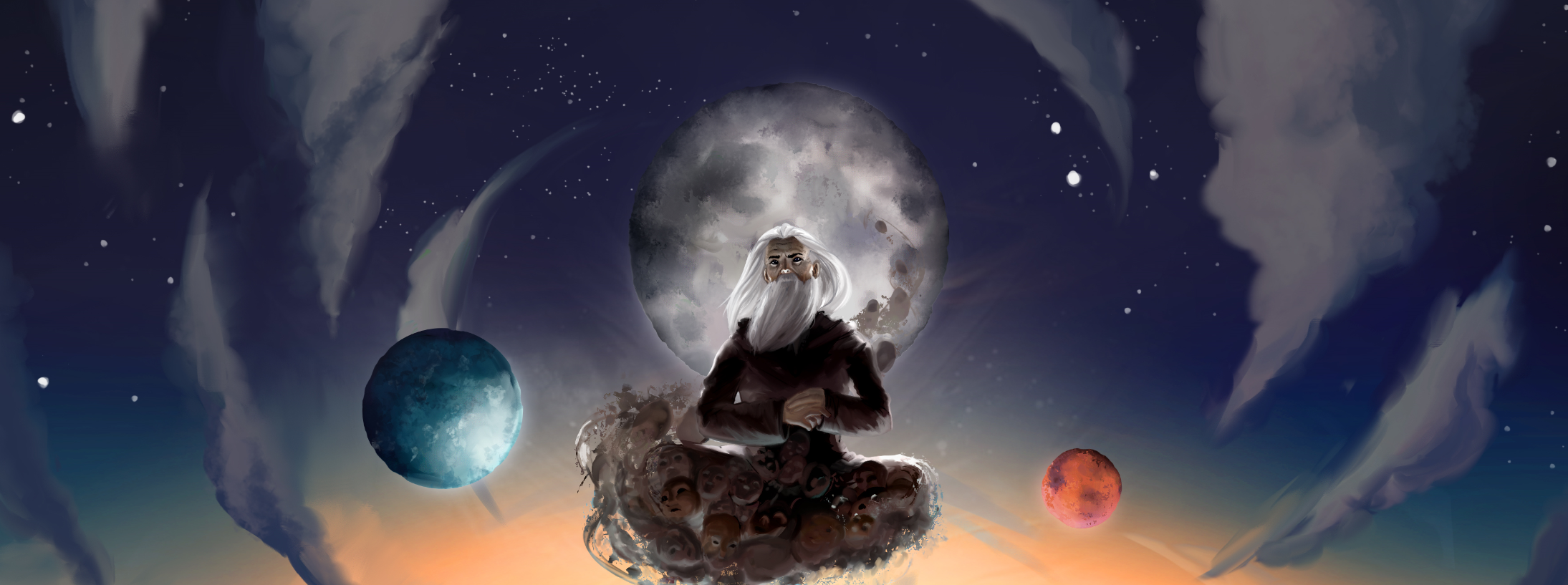Due to some of the lore of this setting, certain spells, abilities, or areas of common knowledge are limited. In this page, I will elaborate on certain topics in which I have significant deviations from typical D&D lore, and how they affect your options in the metagame. As a general rule, any limitation is always up for debate or exemption, especially for the purposes of cool player character backgrounds. Simply talk with the DM about it.
Obscurity of Divinity
In my setting, the existence of gods, or beings of vast cosmic power can be argued against with reasonable doubt. If a god (or gods) do exist, their influence upon the world is not overt. They do not reveal their presence in any overt, or consistently provable way. Divine power is an exceedingly rare thing, and classes that use divine magic (such as Paladin and Cleric) should have this understanding. Though it may seem that divine magic is proof of divine beings, many would argue that divine magic is actually a form of psionic magic, in which the willful belief of the wielder harnesses the power of Abstract (as described by
Oremars Theorem), mistaking it to be a gift from divinity. Spells that contact or communicate with a divine power (such as Commune) should be flavored in such a way that the communication is vague and conceptual, rather than a direct conversation.
This principle can also apply to Warlocks, in regards to their patron and the source of their power. Although, in many cases with Warlocks, their relationship with their patron is intended to be more direct and palpable. If a Warlock wishes for the relationship with their patron to be less obscure, their patron should be something that is not so lofty as to be considered god-like.
Resurrection and the Soul
Whatever the explanation for it is, it cannot be doubted that the idea of the 'soul' exists in some sense. Those divinely inclined would explain the soul using the doctrine of their religion, which usually involves the survival or transformation of the soul in some way after death. Those not religiously inclined likely view the soul as linked to the power of Abstract in some way, and may explain ghosts and specters as psionic echoes. Whatever the truth is behind the soul, death is far more immutable in my world than most D&D settings, and resurrection is far more difficult to attain. Although not outright banned, resurrection spells must all be consulted with the DM when taken, and will require special circumstances and reasonings to be useable. Revivify is the exception to this rule, and is always allowed, as it functions more like a defibrillator than a true resurrection.
Planar Magic
Due to the as-of-yet undiscovered capability to access other planes in this world, magic that strongly utilizes other planes to function must be consulted with the DM. Many such abilities and spells, such as Misty Step, can be simply re-flavored, keeping their functionality while removing the plane-hopping component. Spells that utilize pocket-dimensions are exempt from these limitations, as the creation and utilizations of pocket-dimensions has already been discovered. Spells that deal in etherealness are also exempt from these limitations. Spells such as Plane Shift, and Contact Other Plane are not allowed except in circumstances where the characters have earned these capabilities.

